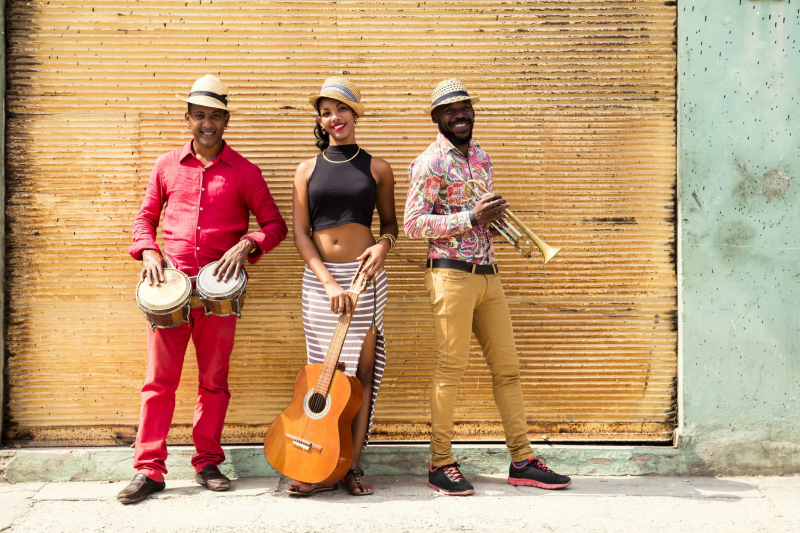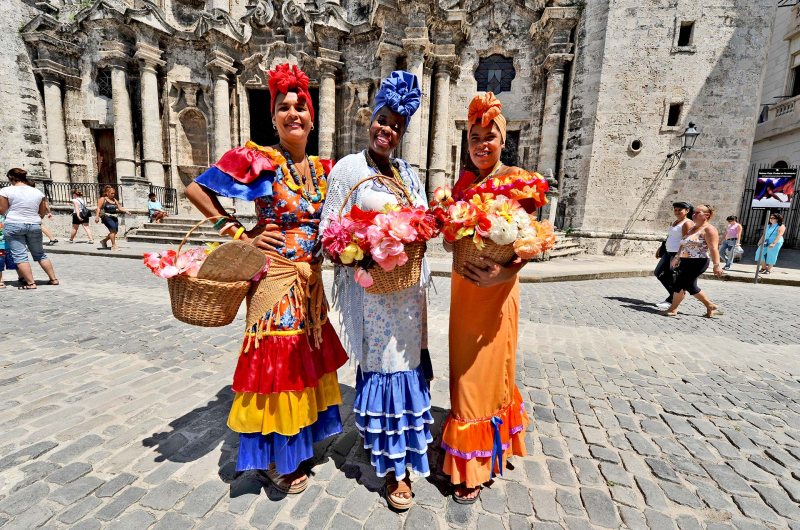Social Beliefs And Customs
The Cuban Revolution significantly altered Cuban society. The Cuban Revolution encouraged women's education and financial independence, paving the way for them to pursue successful jobs in fields like agriculture, industry, and service. In the nation's health services, the proportion of males to women had approximately equalized by 1990. State-run day care facilities were built to enable working mothers to raise their kids.
The Cuban government issued several laws, including the "Family Code" of 1975 and the "Maternity Law" of 1974, to give women full equality with males in all spheres of life.The People's Power worked hard to ensure that women are not oppressed at home by their husbands and their families, despite the fact that traditionally, males in Cuba expect women to perform all the household duties and raise children regardless of their employment level.
Nowadays, the bride and the husband must both agree to get married, and cohabitation before getting hitched is rather usual. The divorce rate in Cuba today is higher than it was during the colonial era. The women of Cuba have a lot of flexibility to decide how to live their lives because sex education, contraceptives, and abortion options are all readily available in the nation.
As a result, many families in the nation are headed by single mothers, with grandma raising the children. The nation's administration encourages socialist values while discouraging egotism and individuality. Like many Latin Americans, Cubans express their devotion and admiration through touch.












